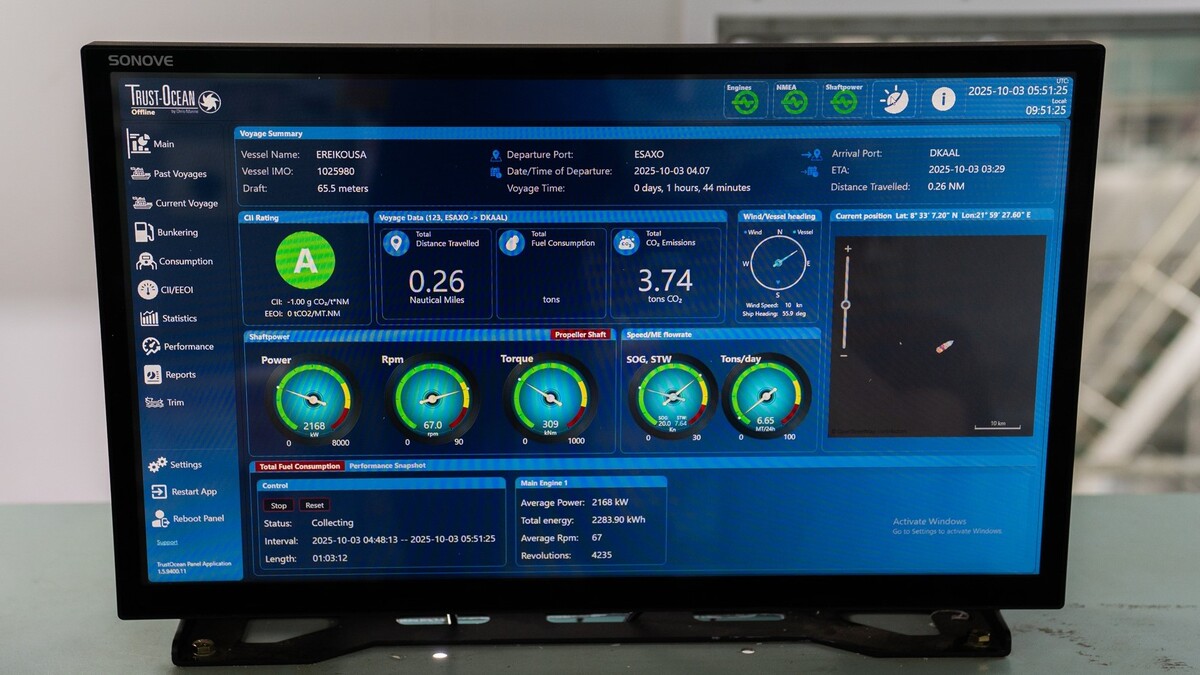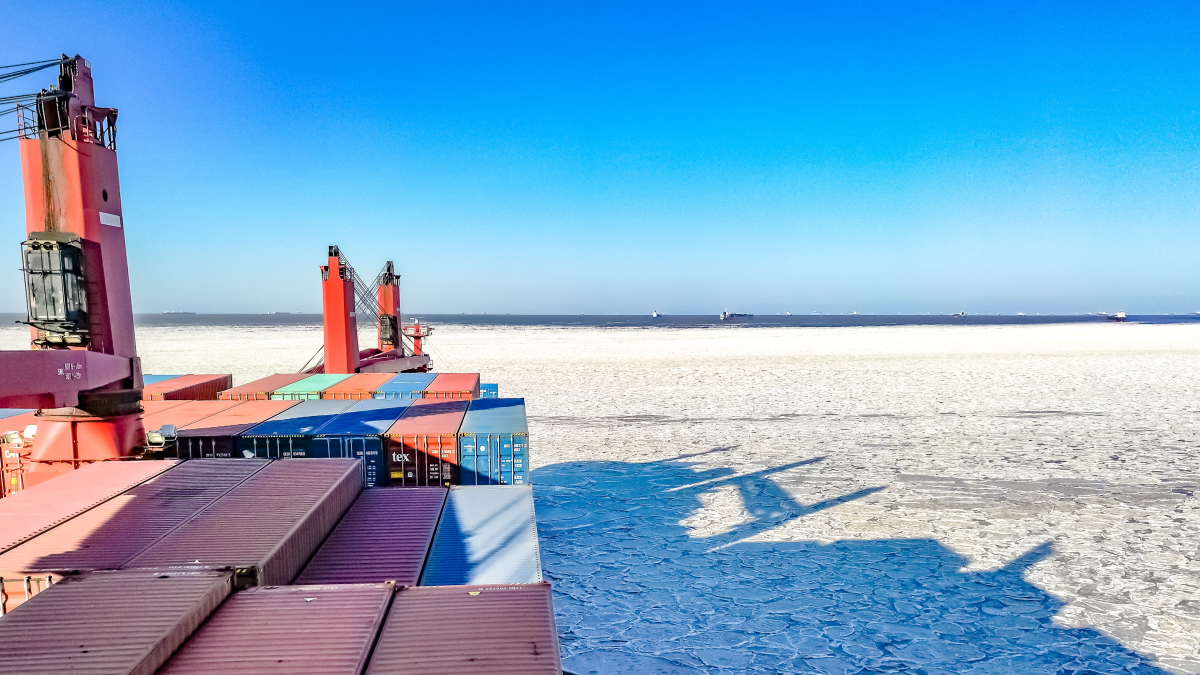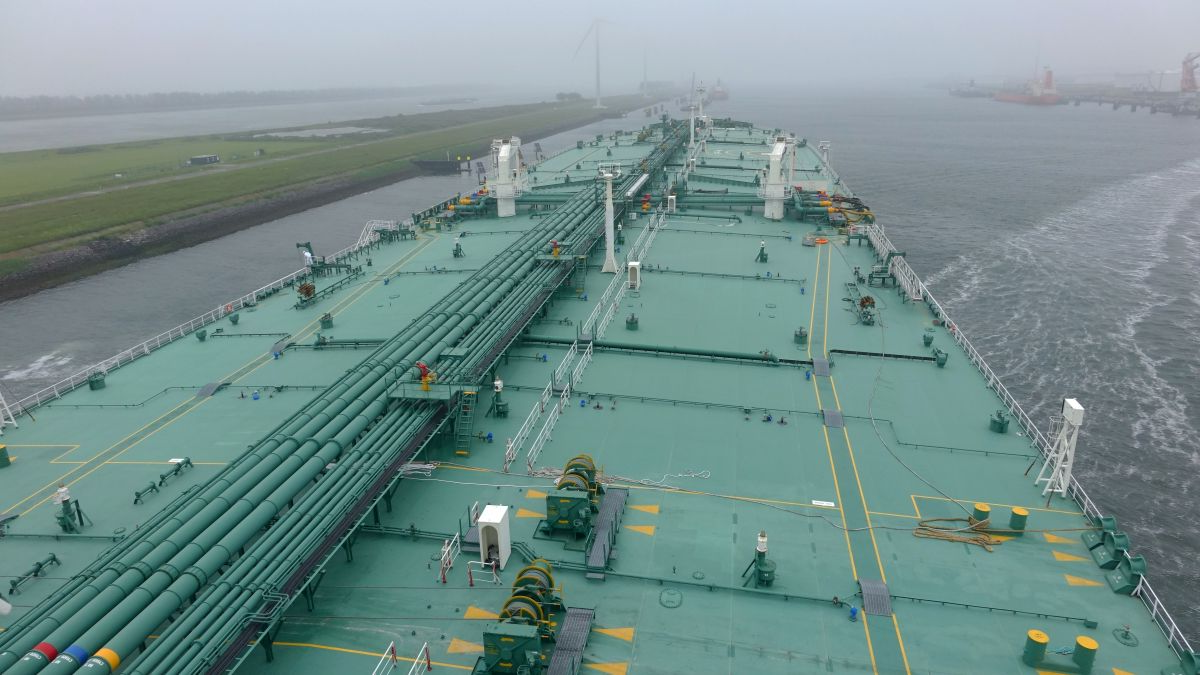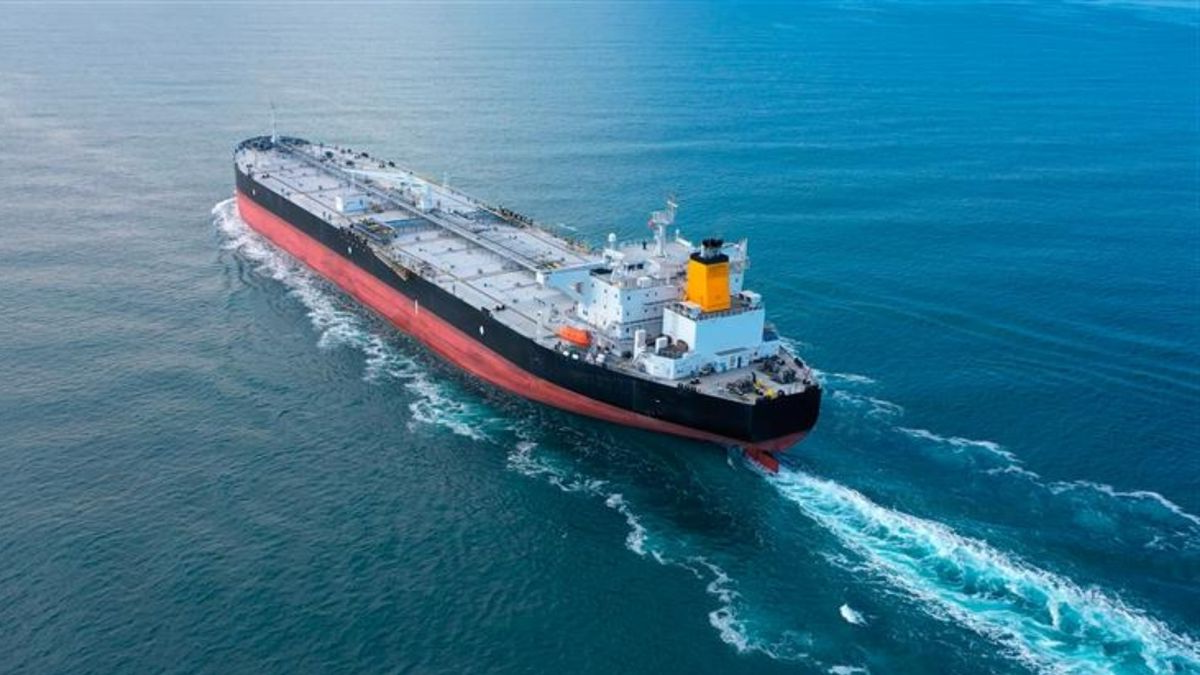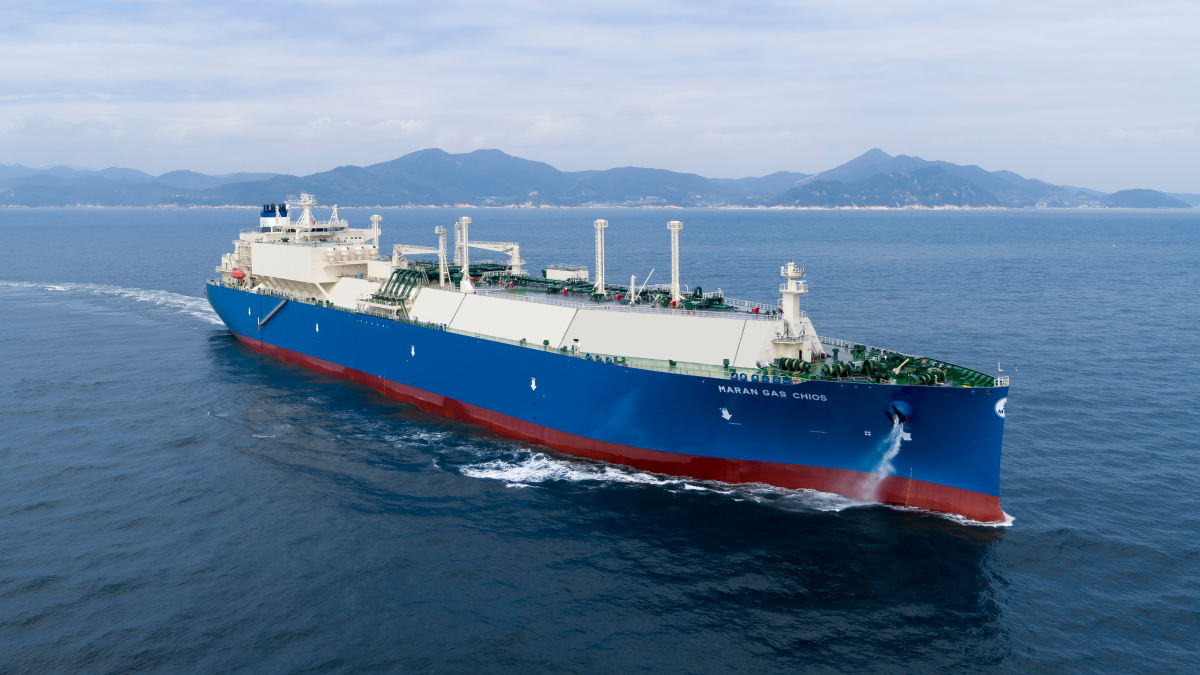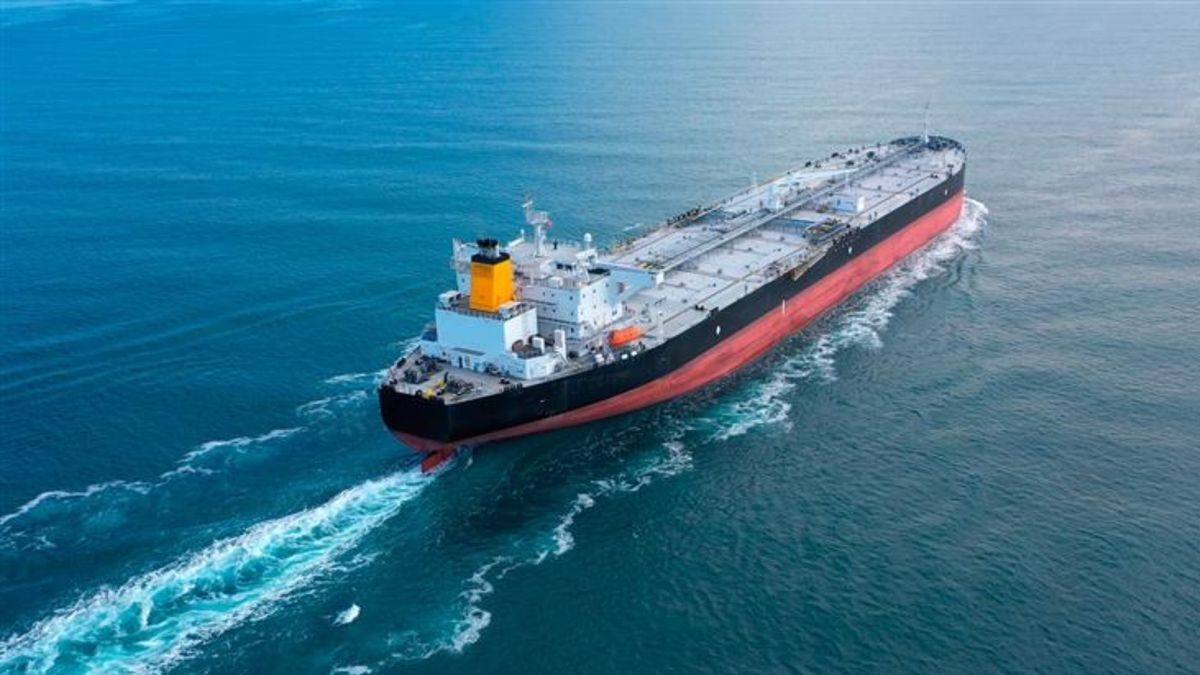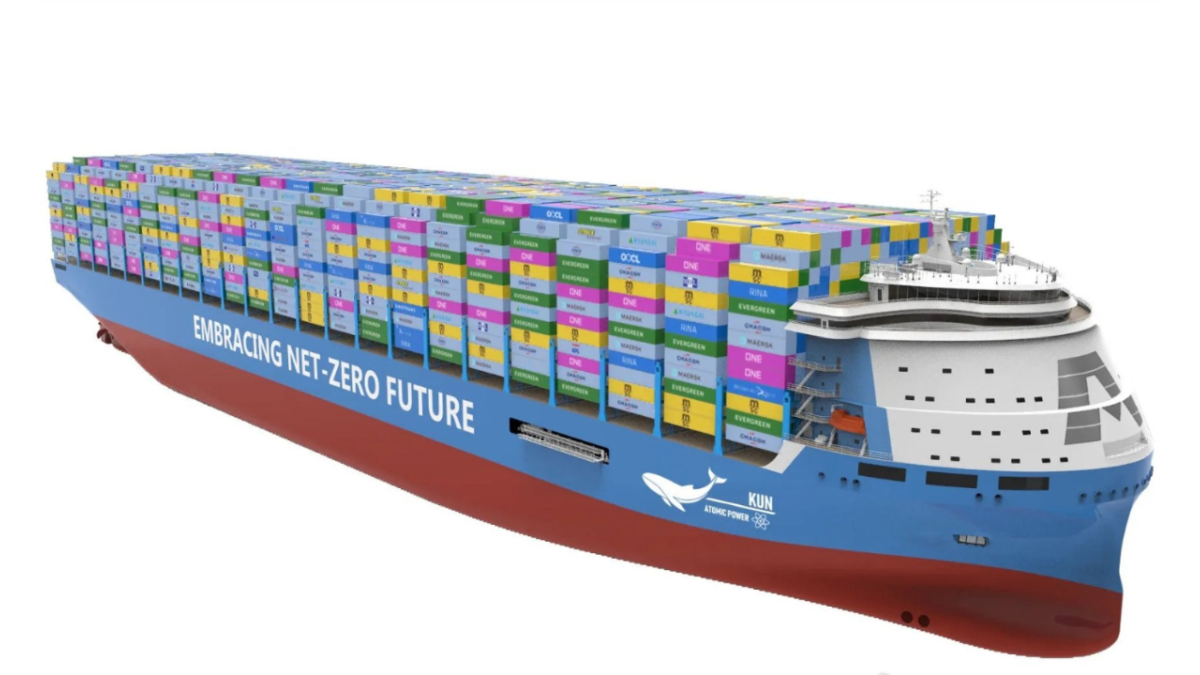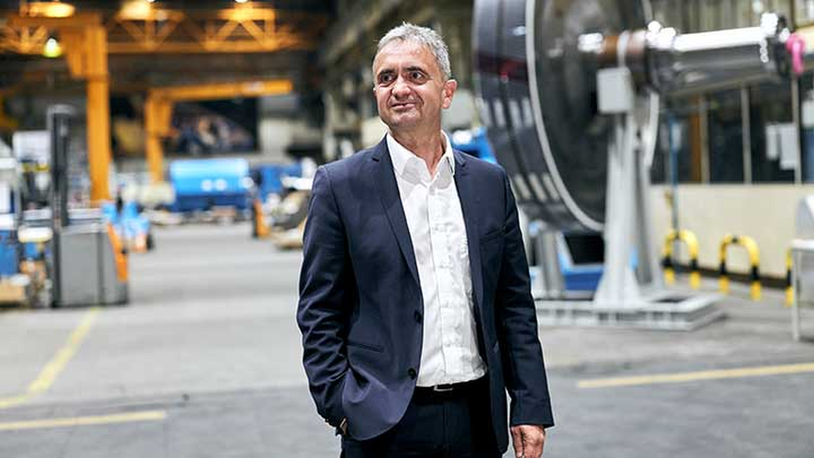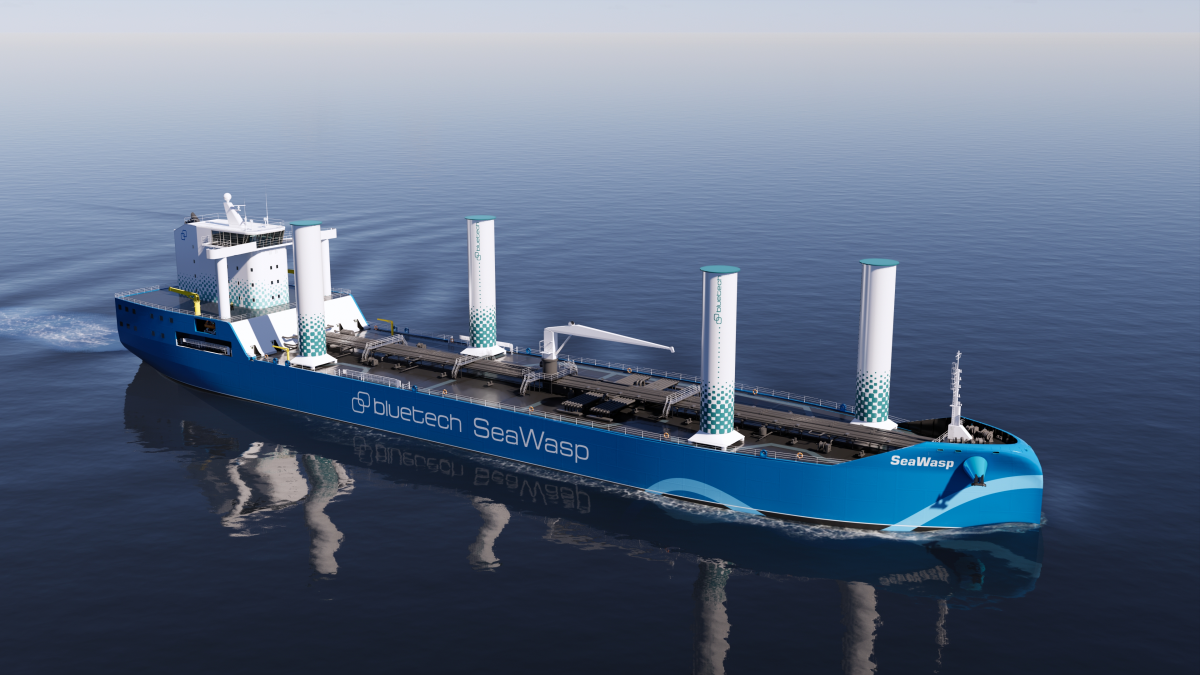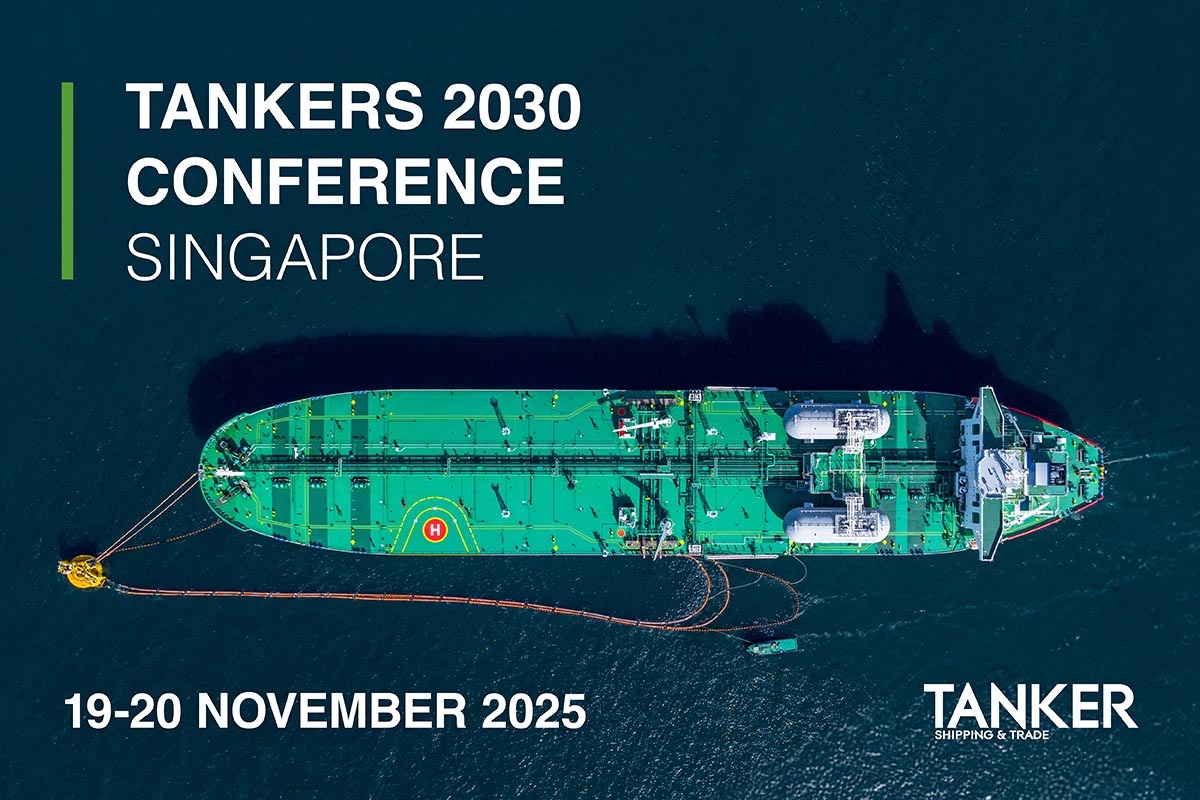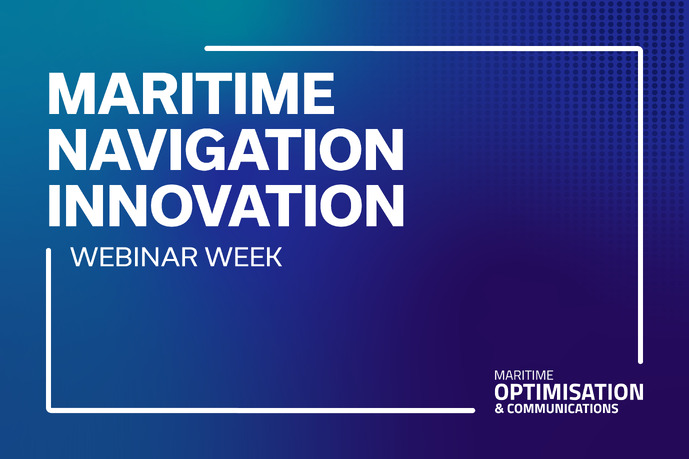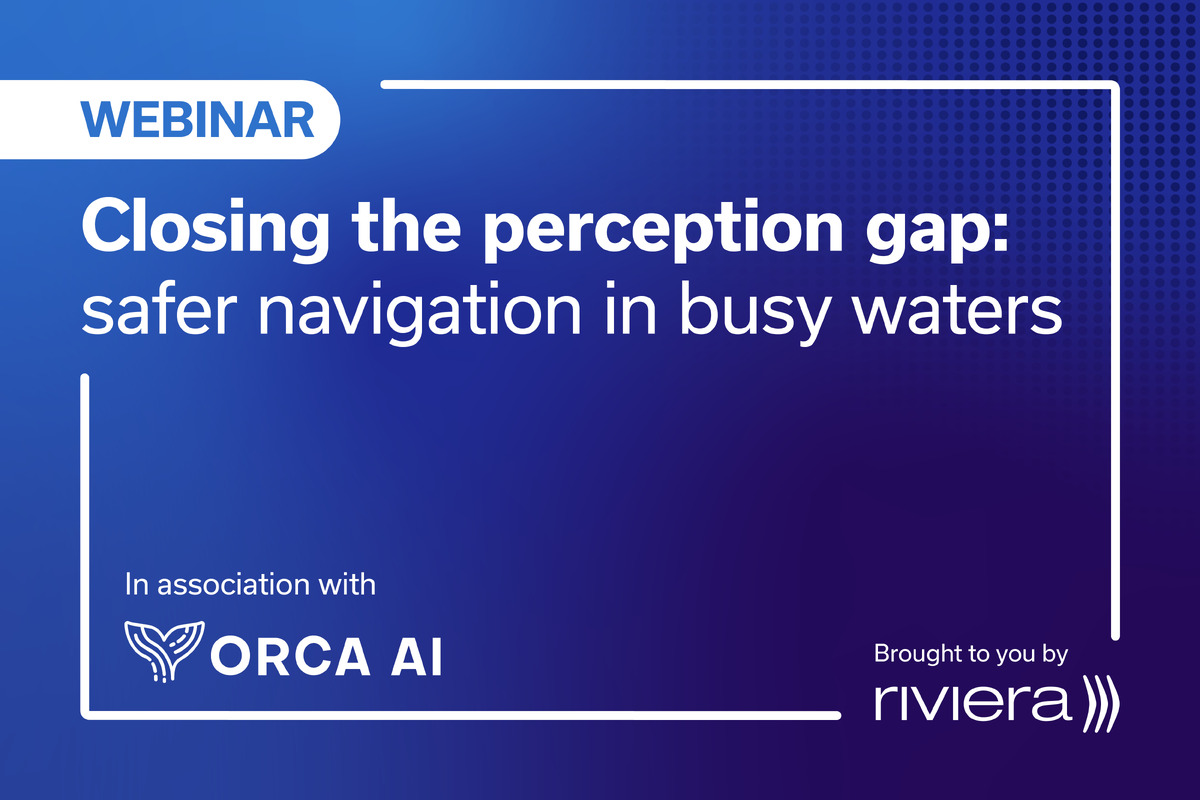Business Sectors
Contents
Register to read more articles.
The benefits and pitfalls of rising demand for EALs
Environmentally acceptable lubricants reduce pollution, improve productivity and lower maintenance costs, but their use may also increase seal failures
Tightening global and regional environmental regulations, the rising costs of pollution clean ups and greater pressure for sustainable shipping is driving demand for environmentally acceptable lubricants (EALs).
There is a growing requirement for biodegradable lubricants for engines, thrusters, onboard machinery and deck equipment for vessels operating in various maritime sectors, such as those supporting the construction and maintenance of windfarms or sailing in polar regions, or within US waters.
There will be an increasing need to use EALs on deepsea shipping, according to Panolin European sales manager, Michael Huber, speaking during a technical presentation at Europort 2023, in Rotterdam, the Netherlands.
“The right lubricant can result in maintenance savings”
“EALs are an essential part of maintaining the licence to operate in environmentally sensitive zones,” said Mr Huber. “They can deliver value and prevent pollution.”
Biodegradable oils could help prevent pollution from a spill or leak and save on costs. “Potential clean-up costs will be important to consider if there is a spill or leak from a vessel,” Mr Huber explained. “EALs are the right solution to balance productivity and performance levels as regulations tighten.”
The use of EALs would also help shipowners and operators maintain strong sustainable credentials.
Mr Huber said owners should also consider improvements in engine performance and other machinery when using quality EALs, which can reduce emissions and maintenance costs.
“The right lubricant can result in maintenance savings and monitoring these lubes can help reduce downtime and improve performance of assets,” he said. “Owners can extend maintenance intervals and machinery life and reduce disposal of oil and filters with the right EALs. They can cut operational costs, reduce risk of pollution and have a positive impact on safety,” he said.
Elsewhere, insurance group Gard has identified EALs as a factor in the increasing number of stern-tube seal failures. Gard found a direct correlation between the growing use of approved synthetic lubricants, such as those compliant with the US Environmental Protection Agency’s vessel general permit (VGP) rules, and such failures.
Gard’s research, published in October 2023, analysed data around the shaftline damage claims it has processed over the last 10 years. It found up to 80% of the incidents Gard investigated involved stern-tube seal failures where an EAL was in use.
“The significant increase in frequency over the past years, without any apparent explanation, raises concern,” Gard said.
Under high load operations, such as hard turns at high speeds, EALs can operate with a lower safety margin of the minimum oil film between the propeller shaft and the bearings. EALs typically operate with lower viscosity under lower temperatures, in situations like mooring trials and cold start-up.
Related to this Story
Events
International Bulk Shipping Conference 2025
Tankers 2030 Conference
Maritime Navigation Innovation Webinar Week
© 2024 Riviera Maritime Media Ltd.

